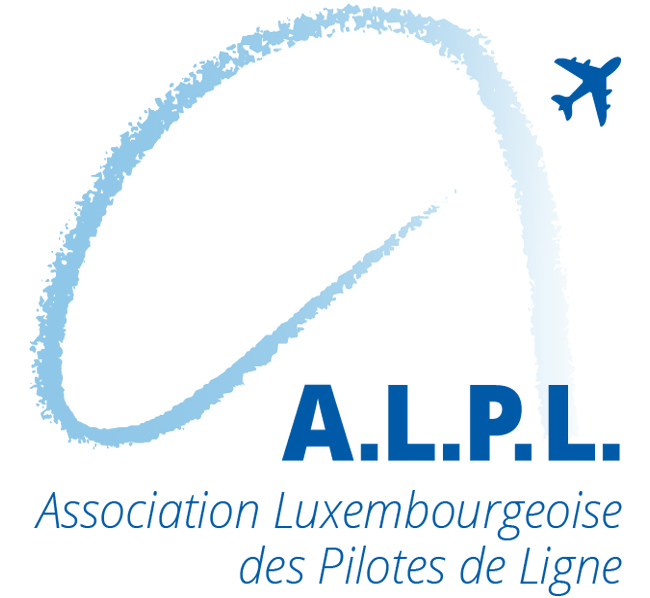The results of our latest Fatigue Survey revealed critical issues, especially regarding an over reliance on the predictive bio-mathematical model (BMM) and the reliability and credibility of the methods and processes used to evaluate and manage the risk of pilot fatigue. The result also showed that our members call for a more balanced approach that includes thorough investigations of fatigue reports.
All bio-mathematical model vendors clearly state that their model only predicts fatigue levels and sleep opportunities for an ‘average’ pilot. Additionally, BMM’s are less reliable after approximately 5 days of duties on how the body clock adjusts and especially when we cross the international dateline. More importantly, bio-mathematical models do not consider disturbances (e.g. noise, turbulences, rooms that cannot be darkened), quality of sleep at a hotel or on an aircraft.
Therefore, we as pilots are the most important data source of what happens during actual operations and Fatigue Reports are the only effective and confidential means for us pilots to communicate a realistic picture of the operation. The collection of this evidence based data is vital in any discussion with management to highlight fatigue “hotspots”, even if scheduling is within legal limits. While your report maybe subjective (i.e. personal), when many pilots are communicating the same fatigue hotspots via the confidential reporting system, the subjective information becomes a collection of many data points and thus objective data.
We have met with members of the ASD and Flight Operations Management on 17 September 2024 to discuss the survey result and the concerns brought forward. In that meeting it was again emphasised by management that factual data submitted by each individual pilot is imperative to enable a thorough investigation of Fatigue Reports. Management also mentioned that indeed the quality of submitted reports has increased since the ASD is promoting it in the GTRs.
Please bear in mind that the safety system in any organization takes a certain amount of time to collect a reasonable number of reports (objective data) to be able to make recommendations to changes for FDP’s and rotations. If insufficient data is received, it is difficult to act on a handful of reports. That’s why it is so important to file Fatigue Report anytime you deem it necessary. As your ALPL Board we will follow up with Senior Management to ensure it is fulfilling its shared responsibility in managing the hazard of fatigue in a timely manner.
To give you some guidance on when and how to file Fatigue Reports, we have prepared a leaflet to assist you in doing so. Please click on this link for more information.
We want to conclude with a reminder that fatigue reporting not only is defined in EU regulations as a mandatory reportable occurrence (page 5), but more importantly is the crucial element in data collection required to bring about changes in our operations where simply complying with FTL’s is insufficient.
Remember, safety is a joint responsibility, and pilots play a vital role in ensuring a safe operation. This also includes a serious self-assessment of our alertness level and whether we are fit enough to operate a flight or series of flights. If in doubt, always ask for more rest or reduce the FDP accordingly and NEVER compromise safety due to fatigue. That’s an obligation in the OM-A, Chapters 1.4 and 1.5!
In the coming weeks and months, we will provide you with more information regarding fatigue, its associated risks and how to mitigate it.




